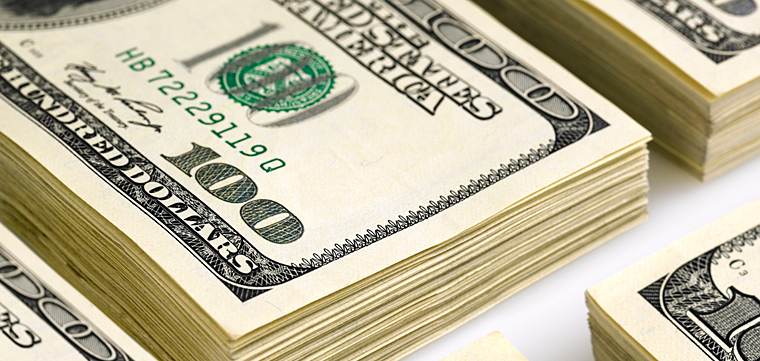
There is no shortage of disagreement in the world. On topics petty to profound, human beings exhibit an infinite range of opinions in opposition to each other. The glass is half-full or half empty, the weather is too cool or too warm, a pierced nose is enchanting or disgusting, cilantro tastes great or lousy, direct sunlight is good or bad for you, high cholesterol will kill you or it won’t, democracy works or it doesn’t, the death penalty reduces crime or increases it, disease is caused by germs or by the failure of the body, planetary warming is caused by people or it isn’t, God exists or God does not, and so forth and so on. You get the picture.
So committed are we to convincing others of the rightness of our particular opinions our disagreements sometimes escalate to violence. Once ego is strongly attached to opinion we’re in trouble, because for most of us ego is what we rely upon to prove our existence; ego fights for itself, often at terrible cost. Thus it is that vast efforts are spent seducing ego; molding thought, designing products, positioning politics, fostering religion, and promoting habits. Walk into any retail store and one is confronted with the ongoing seduction of ego.
There is one thing, however, upon which nearly everyone seems to agree, and that thing is money. Almost everyone believes in money. By belief I mean the certainty that money is something real, and that it has value. Money, it’s been said, makes the world go ‘round.
Of course, money is not absolutely real, it’s a product of human imagination; the same, in an ultimate sense, can be said of anything. We humans inhabit a mental symbolic realm of our own making, populated with objects and thoughts predicated upon imagined distinctions. We use symbolic language to convey the basis of those distinctions, and without language we could not name or describe our imagined distinctions to others. Thus our conventional world is constructed through the interactions of the symbolic and imaginary.
Coming back to money, we can see this interaction at play. In its physical form, money is symbolic. The printing on a dollar bill signifies value through the use of symbols and numerals. We accept symbolic value precisely because we naturally inhabit our imaginary world of thought-language, itself symbolic. So powerful is this uniquely-human metaphor-making ability that physical paper, checks (themselves symbolic tokens of currency) or metal money are not even necessary any more, replaced by virtual digital records.
Based upon the illusory but powerful belief that money is real, we communally agree to play make-believe with it. This illusion works so long as we agree to agree. We then exchange and use money based on measures of value that change every minute of every hour. The value of money is based on mutual agreement; accordingly, our monetary system is a confidence game.
We are born into a communal symbolic realm that historically precedes us, one created through imagination and codified by the common assent of those who came before. Lacking any inherent characteristic of its own, money is a simple medium of exchange, a great equalizer that by signifying value makes all other imaginary and symbolic forms appear real as well. In this way money is paradoxically and simultaneously the root of both agreement and dispute.